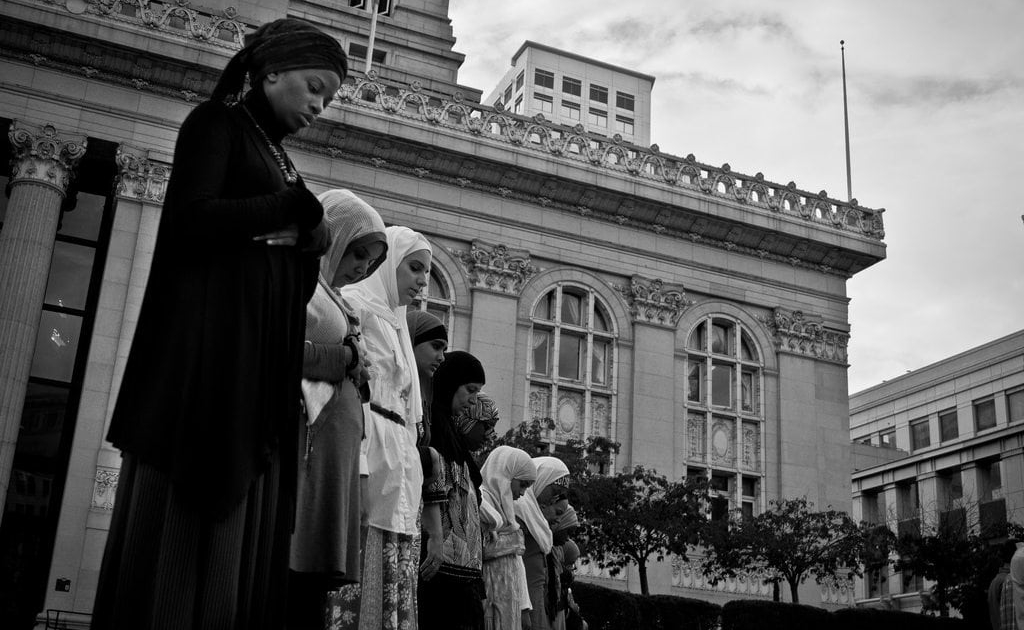Permissible Times for Make Up Prayers
Hanafi Fiqh
Question: Is it permissible to make up of the Witr prayer in times when voluntary prayers (nafl) are not allowed, such as after Fajr?
Is there any basis in the Hanafi school for wiping the elbows before washing the feet?
Answer:
In the Name of Allah, the Most Merciful and Compassionate
Making up the Witr prayer or any other obligatory prayer after the Fajr or Asr prayers – is permissible and the prayer is valid without dislike [Tahtawi/Shurunbulali, Hashiyat Maraqi al-Falah].
The prohibition in these times is for voluntary prayers. The Prophet (may Allah bless him and give him peace) said, “There is no prayer after the Asr prayer until the sun sets and there is no prayer after the Fajr prayer until the sun rises” [Muslim].
The reasoning behind the prohibition is that these times are solely meant for the obligatory prayer specific to that time. This is why other obligatory (or necessary) prayers do not go against this reasoning and thus are not prohibited [Tahtawi/Shurunbulali, Hashiyat Maraqi al-Falah].
Note:
It is important to note that it is not permissible to perform any prayers in the following three times if the prayer entered into one’s obligation before the entering of these times. The three times are:
(1) When the sphere of the sun appears over the horizon until it fully rises a spear’s length.
(2) When the sun is at its zenith in the sky until it begins to decline – signifying the entrance of the Dhuhr prayer.
(3) When the sun’s light weakens and the color of the sky changes prior to Maghrib prayer until the sunsets. Note the current days Asr prayer is valid in this time, yet delaying it till such a time is prohibitively disliked if without excuse.
[Tahtawi/Shurunbulali, Hashiyat Maraqi al-Falah]
Hope this helps.
Allah knows best
[Shaykh] Yusuf Weltch
Checked and Approved by Shaykh Faraz Rabbani
Shaykh Yusuf Weltch is a graduate from Tarim; a student of Habib Umar and other luminaries; and authorized teachers of the Qur’an and the Islamic sciences
